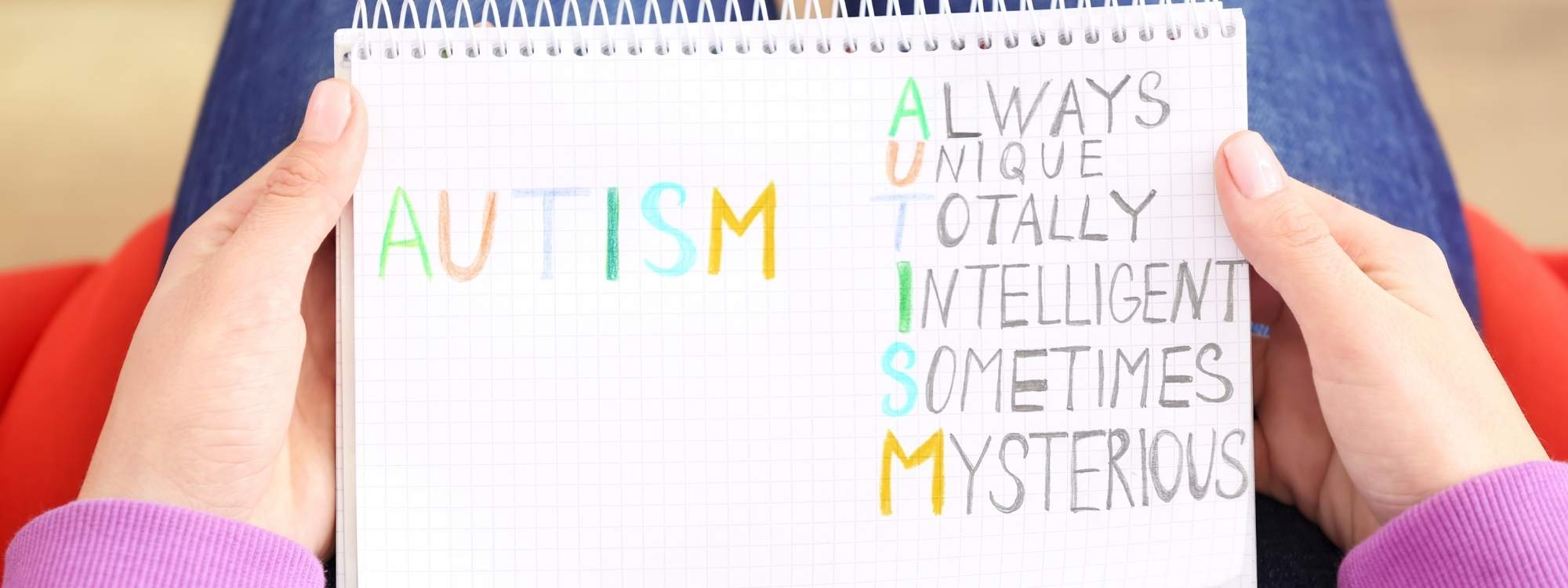Behavioral Health vs. Mental Health: Key Differences & Connections
The terms behavioral health and mental health are often used interchangeably, but they are not the same. While both concepts are crucial to overall well-being, they have distinct meanings and scopes. Mental health refers to emotional, cognitive, and psychological well-being, encompassing conditions like anxiety, depression, and bipolar disorder. In contrast, behavioral health focuses on how habits, behaviors, and actions impact both mental and physical health, including substance use, eating habits, and stress management. Let’s dive into the topic: Behavioral Health vs. Mental Health: Key Differences & Connections.
Understanding the difference between behavioral health vs. mental health is essential for accessing the right treatments and services. This article explores the key distinctions, overlaps, treatment approaches, and when to seek help for mental and behavioral health concerns.
What Is Mental Health?
Mental health refers to an individual’s emotional, psychological, and cognitive well-being. It affects how people think, feel, and behave, influencing their ability to handle stress, make decisions, and maintain relationships. According to the National Institute of Mental Health (NIMH), millions of people experience mental health disorders at some point in their lives, with conditions ranging from mild anxiety to severe depression and schizophrenia.
Common Mental Health Disorders
Mental health conditions vary in severity and impact. Some of the most common disorders include:
- Depression – A mood disorder characterized by persistent sadness, loss of interest, and fatigue.
- Anxiety Disorders – Includes generalized anxiety disorder (GAD), panic disorder, and social anxiety disorder, all marked by excessive fear or worry.
- Bipolar Disorder – A condition that causes extreme mood swings between depressive and manic episodes.
- Schizophrenia – A severe mental illness that affects a person’s ability to think, manage emotions, and interact with others.
- Eating Disorders – Conditions like anorexia nervosa and bulimia, which impact eating behaviors and self-perception.
Treatment for Mental Health Conditions
Mental health treatment primarily involves psychotherapy, medication, and lifestyle modifications. Common approaches include:
- Cognitive Behavioral Therapy (CBT): A structured, evidence-based therapy that helps individuals change negative thought patterns.
- Medication: Antidepressants, antipsychotics, and mood stabilizers can help manage symptoms.
- Mindfulness & Stress Management: Techniques like meditation, exercise, and relaxation exercises can improve overall mental health.
What Is Behavioral Health?
Behavioral health is a broader concept that encompasses mental health but also includes behaviors and habits that influence overall health. It examines how lifestyle choices, substance use, and emotional regulation impact a person’s mental and physical well-being.
Examples of Behavioral Health Issues
- Substance Use Disorders: Addiction to alcohol, drugs, or other substances that impact daily life and relationships.
- Eating Disorders: Unhealthy eating patterns that affect both mental and physical health.
- Chronic Stress & Poor Coping Mechanisms: Persistent stress, poor sleep habits, or excessive reliance on unhealthy coping strategies like smoking or emotional eating.
- Self-Harm & Risky Behaviors: Engaging in actions that cause harm to oneself, including reckless behaviors.
Treatment for Behavioral Health Conditions
Behavioral health treatment focuses on changing habits and behaviors that negatively impact well-being. Common approaches include:
- Behavioral Therapy: Helps individuals identify harmful behaviors and develop healthier alternatives.
- Motivational Interviewing: A technique used to encourage individuals to make positive changes in their behavior.
- Substance Abuse Treatment: Detox programs, rehabilitation, and counseling to address drug or alcohol addiction.
- Holistic Wellness Programs: Integrating exercise, sleep hygiene, and stress reduction techniques.
Key Differences Between Behavioral Health and Mental Health
While mental health and behavioral health are closely linked, they have fundamental differences. Below is a comparison of their key distinctions:
| Aspect | Mental Health | Behavioral Health |
|---|---|---|
| Definition | Focuses on emotional, psychological, and cognitive well-being. | Encompasses mental health and behaviors affecting overall health. |
| Examples of Conditions | Anxiety, depression, bipolar disorder, schizophrenia. | Substance use disorders, eating disorders, unhealthy coping mechanisms. |
| Treatment Approaches | Therapy, medication, and stress management techniques. | Behavior modification, lifestyle changes, addiction treatment. |
| Primary Focus | Thoughts, emotions, and mental conditions. | Actions, habits, and behaviors affecting mental and physical health. |
How Mental Health & Behavioral Health Are Treated Differently
The treatment of mental health and behavioral health services often overlap, but they have different approaches:
- Mental health treatment focuses on improving emotional and cognitive functioning through therapy, counseling, and medication.
- Behavioral health treatment targets lifestyle choices, addiction, and habits that impact mental and physical health.
- Integrated Care Models: Many providers use a holistic approach, combining therapy with behavior modification for the best outcomes.
Real-Life Applications: When to Seek Help & What to Expect
Knowing when to seek help is crucial for managing both your mental health issues and behavioral health concerns. Some signs that indicate a need for professional support include:
- Persistent sadness, anxiety, or mood swings that interfere with daily activities.
- Unhealthy coping mechanisms, such as substance use or compulsive behaviors.
- Difficulty maintaining relationships due to emotional distress or behavioral struggles.
- Physical symptoms, such as sleep disturbances, weight changes, or chronic fatigue linked to mental or behavioral health issues.
Treatment may involve individual therapy, medication management, group therapy, or lifestyle coaching to address underlying concerns.
Conclusion
Understanding the difference between behavioral health vs. mental health is essential for identifying the right type of care. While mental health focuses on emotional and cognitive well-being, behavioral health considers behaviors that impact the actions, habits, and choices that affect overall health. Since both are closely linked, many treatment approaches integrate mental health therapy with behavior modification to improve outcomes.
If you or a loved one is struggling with mental or behavioral health concerns, seeking professional guidance can help lead to meaningful improvements in well-being. By addressing both psychological and biological factors, and lifestyle behaviors, individuals can achieve a balanced, healthier life.
Struggling to understand the difference between behavioral health and mental health or need professional support? Champions ABA offers expert-guided therapy and behavioral health interventions to help individuals improve emotional well-being and develop healthier habits. Call (877) 242-1744 or visit our website today to learn how we can support your journey toward better mental and behavioral health!
FAQs
What is the primary difference between behavioral health and mental health?
Behavioral health includes mental health but also behavioral health encompasses actions, habits, and choices that impact overall well-being. Mental health focuses on emotional and psychological conditions, while behavioral health examines how behaviors influence health outcomes.
What is the difference between behavior and mental health?
Behavior refers to observable actions and habits, while mental health relates to a person’s emotional and psychological state. Mental health conditions may influence behavior, but behaviors themselves can also impact mental behavioral health services.
What is the difference between mental health and behavioral health disorders?
Mental health disorders include conditions like depression, anxiety, and schizophrenia, whereas behavioral health disorders involve addictions, eating disorders, and harmful habits that affect both physical behavioral, and mental health well-being.
Is anxiety behavioral health or mental health?
Anxiety is primarily a mental health condition, but its effects on behavior (such as avoidance, compulsions, or substance use) mean it is often addressed within behavioral health treatments as well.



